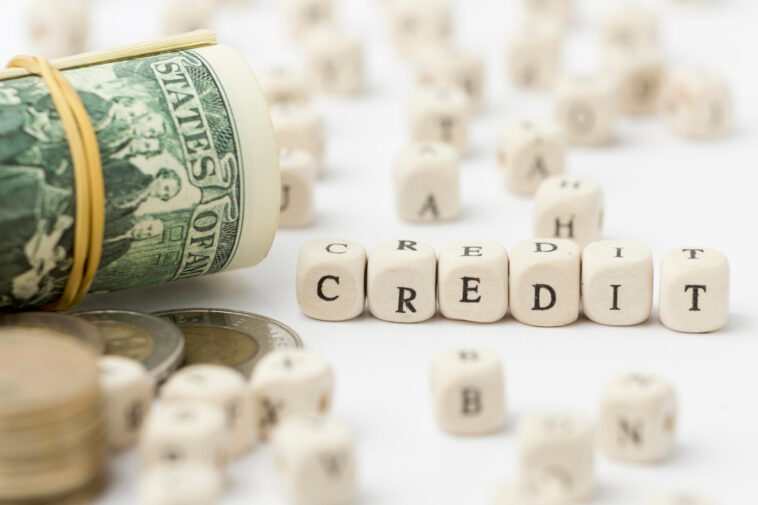Life is full of unexpected twists and turns, and sometimes financial challenges can leave us with a less-than-perfect credit score. However, having bad credit doesn’t mean you’re out of options when it comes to obtaining a loan. In this article, we’ll explore bad credit loans, what they are, how they work, and how they can help you rebuild your financial standing.
Understanding Bad Credit Loans
Bad credit loans, also known as subprime loans or poor credit loans, are designed for individuals with less-than-ideal credit scores. Traditional lenders often consider low credit scores as a high-risk factor and may be hesitant to approve loans for individuals with bad credit. Bad credit loans, on the other hand, are specifically tailored to meet the financial needs of borrowers with imperfect credit histories.
How Do Bad Credit Loans Work?
Bad credit loans work similarly to other types of loans, but with more lenient eligibility criteria. Here’s a breakdown of how bad credit loans typically work:
1. Application
Applying for a bad credit loan involves providing personal information, financial details, and proof of income to the lender. Some lenders may also require collateral or a co-signer to secure the loan.
2. Assessment
The lender assesses the borrower’s creditworthiness based on factors beyond credit scores, such as income stability and employment history. This approach allows individuals with bad credit but steady income to qualify for the loan.
3. Loan Approval and Disbursement
If approved, the borrower receives the loan amount, which may vary depending on the lender’s evaluation of their financial situation. The funds are then disbursed either in cash or directly deposited into the borrower’s bank account.
4. Repayment
Bad credit loans usually have shorter repayment terms and higher interest rates compared to traditional loans. Borrowers must repay the loan, along with interest and any applicable fees, according to the agreed-upon terms.
The Benefits of Bad Credit Loans
Bad credit loans offer several benefits that can help individuals rebuild their credit and navigate through financial challenges:
1. Access to Funds
Bad credit loans provide access to much-needed funds when traditional lenders may turn you away due to a low credit score.
2. Opportunity to Rebuild Credit
Timely repayment of a bad credit loan can positively impact your credit score. Consistent on-time payments demonstrate responsible financial behavior and improve your creditworthiness over time.
3. Flexibility
Bad credit loans come in various forms, such as personal loans, installment loans, or payday loans. This variety allows borrowers to find a loan type that best suits their needs and repayment abilities.
4. Emergency Financial Relief
When faced with urgent financial situations, bad credit loans can provide the necessary relief and prevent further financial stress.
Considerations Before Taking a Bad Credit Loan
While bad credit loans can be beneficial, it’s essential to carefully consider certain factors before taking one:
1. High Interest Rates
Bad credit loans often come with higher interest rates than traditional loans. Be prepared for the potential cost of borrowing and ensure that you can afford the repayments.
2. Shorter Repayment Terms
Bad credit loans typically have shorter repayment periods. Make sure the loan terms align with your financial situation and ability to repay the loan on time.
3. Beware of Scams
Be cautious of predatory lenders who may take advantage of your financial situation. Research the lender’s reputation, read reviews, and ensure they are a legitimate and reputable company.
4. Avoid a Debt Cycle
Resist the temptation to take on more debt than necessary. Borrow only what you need and focus on improving your credit and financial stability.
Conclusion
Bad credit loans can be a valuable lifeline for individuals facing financial challenges and working towards rebuilding their credit. They offer access to funds, flexibility in loan options, and an opportunity to demonstrate responsible financial behavior.
Before taking a bad credit loan, carefully assess the terms, interest rates, and repayment schedule. Use the loan as an opportunity to rebuild your credit by making timely payments and improving your overall financial health.
Remember, while bad credit may be a temporary setback, responsible financial habits and positive credit behavior can lead to better opportunities and financial stability in the future.



